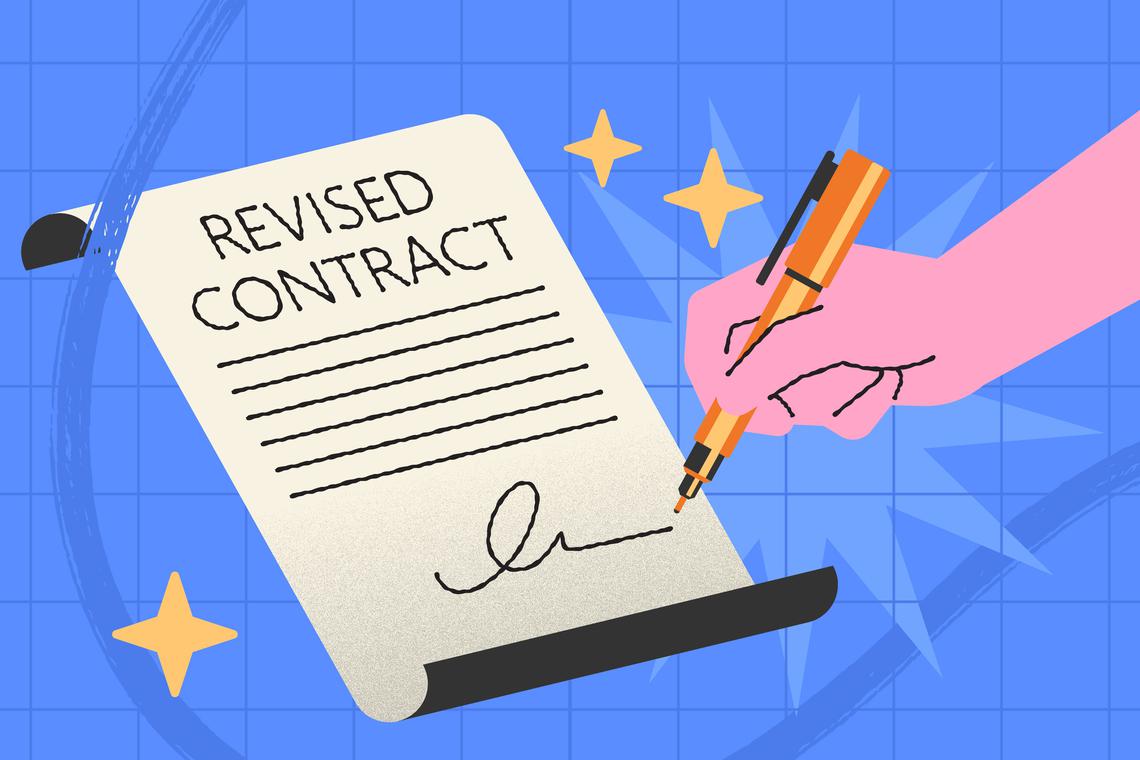In this series, journalist Megan Wee offers practical answers to candid questions on navigating workplace challenges and getting ahead in your career. Get more tips by signing up to
The Straits Times’ Headstart newsletter
.
Q: Some job candidates have found themselves in a tough spot when they get assigned unpaid tasks by a new employer ahead of their official start of employment. Is it advisable for them to complete these tasks? Otherwise, what should candidates do to politely reject them?
A: Employers are generally not allowed to ask candidates to do unpaid work prior to an agreed start date, as this would be inconsistent with the terms of the employment contract, said Ms Jayna Tan, a senior associate specialising in employment matters from Withers KhattarWong.
“Accordingly, candidates should exercise caution, as if they agree to take on such work on an unpaid basis, it will be to their own detriment and risk,” she added.
Those who are still serving their notice periods may be breaching their contracts with their existing employers if they take on work for their new employers, even if the work is done on an unpaid basis, said Ms Tan.
This is as there are usually implied duties of good faith and fidelity under a contract. This may require employees to devote their full time and attention to their duties during work hours, or refrain from taking on any other work activities during their employment, she added.
Beyond the potential unlawfulness of working for another organisation while serving one’s notice period, Ms Tan said that by working for an employer before the official start date, individuals are engaging in employment not governed by any written agreement, subjecting themselves to certain risks.
First, it creates a lack of clarity on the candidate’s legal obligations. For example, if a candidate has not been clearly informed in writing of their duties and tasks, it may be challenging for them to demonstrate that they have completed the assigned tasks according to expectations. Should the employer and candidate subsequently disagree over what the original assignment was, it places the candidate at risk of having to defend themselves on whether they have satisfactorily performed the assigned tasks.
Moreover, it creates ambiguity around the ownership of the work done by the employee during this period.
The employer may attempt to assert ownership over work products and intellectual property created, leaving room for unwanted disputes.
Second, it exposes the candidate to the dangers of working without any clear legal protections.
For example, without a contract in place, it will be challenging for the candidate to demonstrate their entitlement to salary, Central Provident Fund contributions and other employment rights.
Employees in roles that require them to be exposed to health risks may also get to enjoy health and safety protections, in the form of professional liability insurance, that come into effect only from the agreed start date onwards.
Regardless of whether a candidate is legally restrained from engaging in work with a prospective employer early, Ms Tan encourages candidates to set clear boundaries with prospective employers respectfully, to manage their relationships while avoiding unnecessary legal risks.
Candidates can politely push back by asking for a revised employment contract which moves the start date earlier, or requesting a separate short-term employment contract to ensure that all work to be done will be captured in the employment contract and paid for.
Similarly, a spokesperson for the Ministry of Manpower (MOM) said that employers and employees should discuss and mutually agree on when the employee should start working for the employer, as well as the terms of his or her employment.
If the employer requires incoming employees to do work prior to the official start of employment, they should work out a mutually suitable arrangement with the employee, including what constitutes fair compensation for the work done, MOM added.
“This will help to establish trust between employers and employees, and a positive working relationship from the start.”
askst@sph.com.sg
ST HeadstartaskST JobsWork BestieWorkplace safety and healthWorking life

